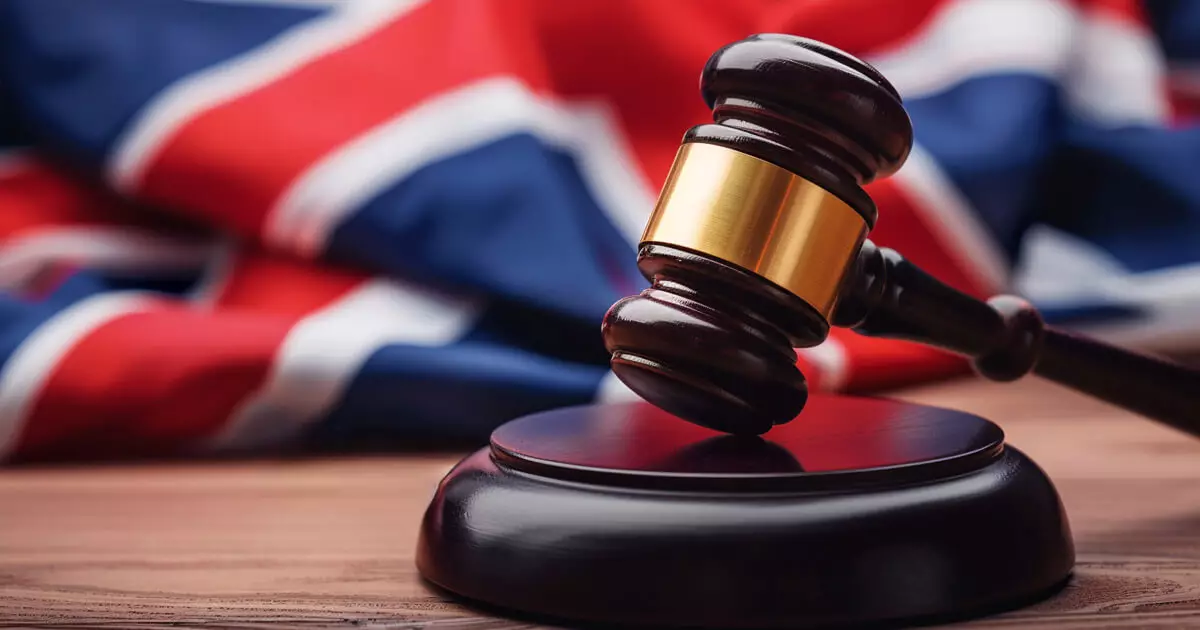Decentralized Autonomous Organizations (DAOs) have been gaining popularity in the business world as blockchain-based communities that work towards common goals. Market experts believe that these innovative organizations could revolutionize corporate governance in the future. Recently, the UK Law Commission released a scoping paper addressing the legal characterization of DAOs in the country and exploring how current laws might apply to them.
One of the main challenges highlighted in the Commission’s paper is the difficulty in defining and categorizing DAOs under existing legal frameworks. According to the Commission, there is no consensus on what constitutes a DAO, how it should be structured, or what a DAO-specific legal entity would look like. This lack of clarity poses a significant obstacle in integrating DAOs into the current regulatory landscape in England and Wales.
The Commission also emphasized the potential risks associated with adapting existing laws to accommodate new technological advancements like DAOs. It cautioned that attempting to create technology-specific legislation could hinder innovation rather than support it. The need for a flexible and dynamic legal framework that can adapt to evolving technologies is crucial for fostering innovation in the business sector.
Proposed Reforms
While the Commission did not see an immediate need for a DAO-specific legal entity in the UK, it recommended a thorough review of the Companies Act 2006 to identify any necessary reforms to facilitate the use of DAO technology at different governance levels. Similarly, laws governing other business structures such as limited liability partnerships should also be revisited to align with the needs of emerging technologies like DAOs.
The paper suggested conducting further studies to evaluate the feasibility of utilizing non-profit limited liability associations, similar to DAOs, for organizations in England and Wales. By exploring alternative legal structures, policymakers can gain insights into the potential benefits and challenges of integrating DAO technology into the existing legal framework.
In addition to legal reforms, the Commission recommended a review of Anti-Money Laundering regulations to assess whether distributed ledger technology, commonly used by DAOs, can achieve the same policy objectives effectively. Ensuring that existing AML regulations are compatible with the use of blockchain technology is essential for maintaining regulatory compliance in the evolving business landscape.
Future Outlook
While a DAO-specific legal entity may not be on the horizon for the UK, the Commission emphasized the importance of aligning existing legal structures with emerging technologies like DAOs. By adapting current regulatory frameworks to accommodate innovative governance mechanisms, policymakers can support the growth and development of DAOs while ensuring regulatory compliance and consumer protection.
The legal implications of DAOs in the UK present a complex and evolving landscape that requires careful consideration and proactive regulatory measures. By fostering a regulatory environment that fosters innovation while addressing potential risks, policymakers can pave the way for the successful integration of DAOs into the mainstream business sector.
















Leave a Reply